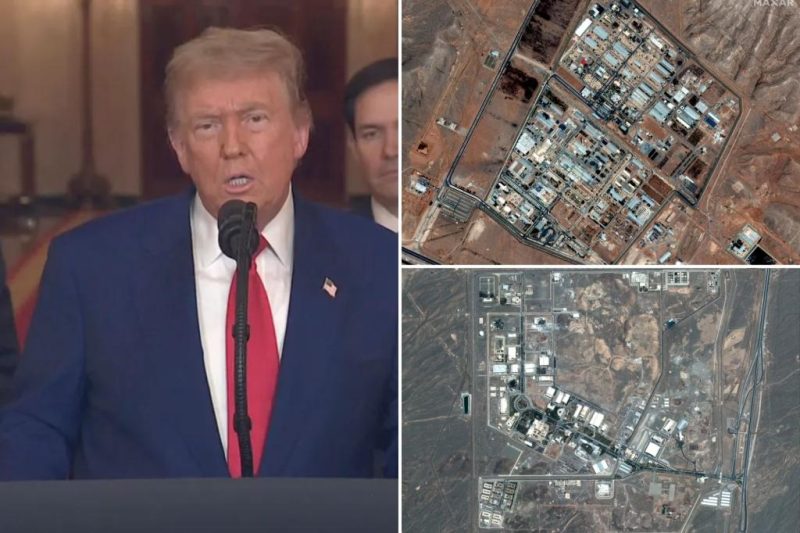
Reports emerged over the weekend detailing devastating US airstrikes targeting Iranian nuclear facilities. The attacks, described as having ‘obliterated’ key infrastructure, understandably sparked global concern. However, leading experts are quick to assure the public that a Chernobyl-like nuclear disaster is unlikely. The nature of the Iranian facilities, along with the precision of the strikes, is cited as mitigating the risk of widespread radioactive fallout. While the long-term environmental impact still requires careful assessment, initial analyses suggest that the immediate danger of a major nuclear accident is low.
The focus now shifts to the geopolitical ramifications of this significant escalation. The international community is bracing for potential repercussions, with concerns mounting over the possibility of regional conflict and further instability in the Middle East. Experts are divided on the effectiveness of the strikes, with some questioning whether they will ultimately hinder or accelerate Iran’s nuclear program. The potential for retaliatory actions from Iran remains a significant concern, and diplomatic efforts to de-escalate the situation are crucial.
Beyond the immediate military and political implications, the economic consequences are also likely to be substantial. The disruption to global energy markets is expected to be significant, leading to potential price increases for oil and gas. The broader impact on international trade and global stability remains uncertain, and experts predict a period of volatility in the coming weeks and months.
This developing situation demands constant monitoring and careful analysis. The coming days will be critical in determining the full scope of the consequences of these strikes, both in terms of immediate fallout and long-term geopolitical implications. It’s a complex situation with far-reaching implications that will continue to unfold, demanding close attention from policymakers and the global community alike.










